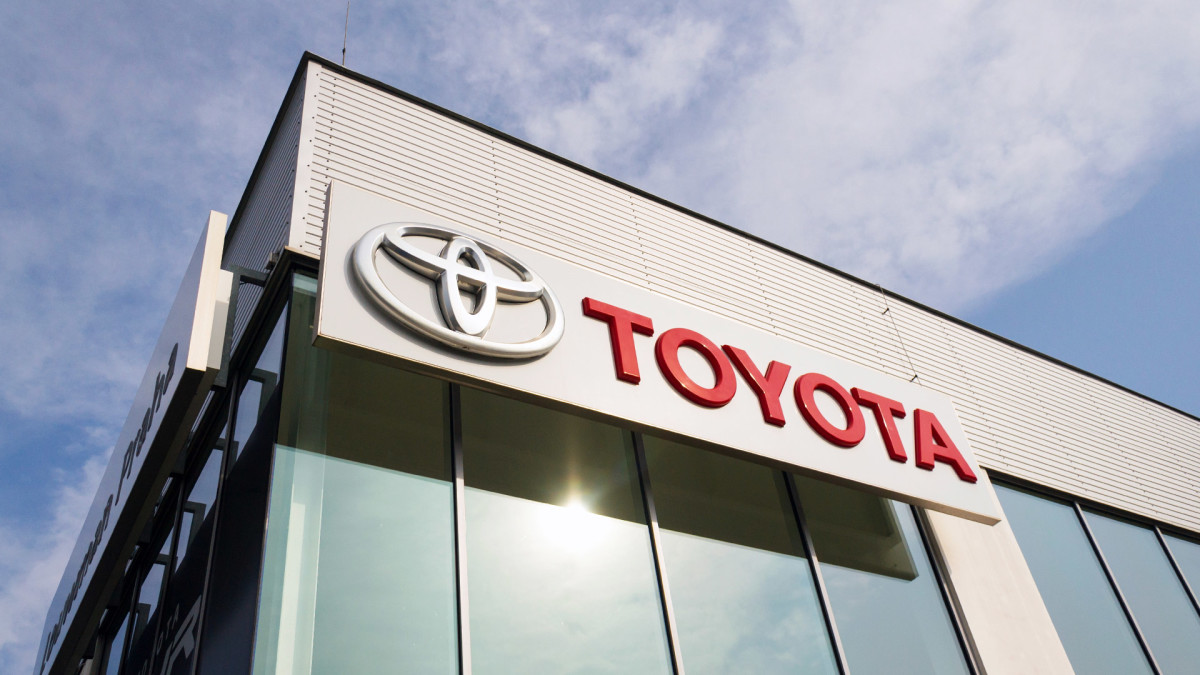Toyota (TM) seems set to do an about-confront.
In the encounter of the industrywide race toward electric powered autos, the Japanese automaker has boasted of its exclusive strategy.
For Toyota, the world’s second biggest automotive group primarily based on sector price guiding Tesla (TSLA) , a method combining gasoline automobiles and fewer-polluting ones is the recipe.
Alternatively of likely complete electric powered, the team has lengthy favored hybrids, which have gained it constant aid from environmental activists. The Toyota Prius has been a model for environmentally aware individuals.
Toyota has tried using to go it alone on one particular method: hydrogen-gas-cell cars. The Toyota Mirai is the only gas-cell automobile on the industry.
Electrified Cars and trucks vs. Electric powered Cars
In early October, Chief Government Akio Toyoda verified that the vehicle producer would unveil a lineup of electrified motor vehicles that operate on liquid hydrogen and standard rechargeable lithium-ion battery packs.
Toyota hopes to invest $70 billion in electrified cars, with fifty percent that figure in 100% electric automobiles. Unlike other manufacturers, the group’s carbon-emissions-reduction system is not centered on battery electrical cars,
Toyota strategies to make only 3.5 million electric motor vehicles by 2030, or only a 3rd of its whole autos. Tesla, the sector chief, ideas to deliver 20 million electric autos a year by 2030.
By comparison, GM (GM) and Ford (F) , two legacy automakers promise that electrical cars will make up a greater part of their product sales in the coming a long time.
In 2019, Toyota unveiled e-TNGA, a system that could be configured for various battery and electric-motor combos. But the bZ4X, the extremely first 100% electric powered motor vehicle formulated on this system, was the matter of a recall shortly following the start off of advertising and marketing.
The platform was another indication that Toyota favored hybrid motor vehicles, even as Greenpeace considered Toyota to be the slowest legacy automaker to make the transition to zero-emission automobiles.
But Toyota now seems to have read the critics and is about to alter its method to give EVs a large hand in decarbonizing its generation traces.
Reboot of Electric powered-Automobile System at Toyota
In accordance to Reuters, the agency is thinking about a reboot of its EV approach to greater contend.
It has halted some operate on present EV assignments, these as the Toyota Compact Cruiser crossover and the battery-electric powered Crown.
“A working group in Toyota has been billed with outlining programs by early up coming year for advancements to its current EV platform or for a new architecture,” Reuters wrote, citing resources close to the issue.
Its conclusions are envisioned in early 2023.
The final decision is stated to be enthusiastic by Toyota’s recognition that buyers are adopting electrical autos at a more rapidly amount than it thought.
Worldwide EV income attained a file 6.3 million models in 2021, much more than double the 12 months-before determine, with this variety predicted to rise to 26.8 million units in 2030, according to S&P Worldwide Platts Analytics.
“We have observed governments globally introduce laws funding EV-charging-infrastructure growth, elevated domestic EV output capabilities and quite a few international locations set ICE revenue section-out targets or bans as early as 2025,” mentioned David Capati, very low carbon transport analyst at Platts Analytics.
“Automobile makers across the environment have also invested more than a 50 percent-trillion dollars in rising every facet of their EV capacities in the subsequent ten years,” he included.
Toyota also may perhaps have figured that Tesla, for instance, observed extra cost savings in its factories than it did.
“In buy to attain carbon neutrality, it is vital not only to create our have systems, but also to collaborate with numerous associates and suppliers, such as all those in the automotive marketplace,” Toyota mentioned in an emailed assertion.
“We are normally actively discussing and performing with critical stakeholders on a wide variety of topics, but we have no aspects to share at this time regarding development projects further than all those we have currently disclosed.”








